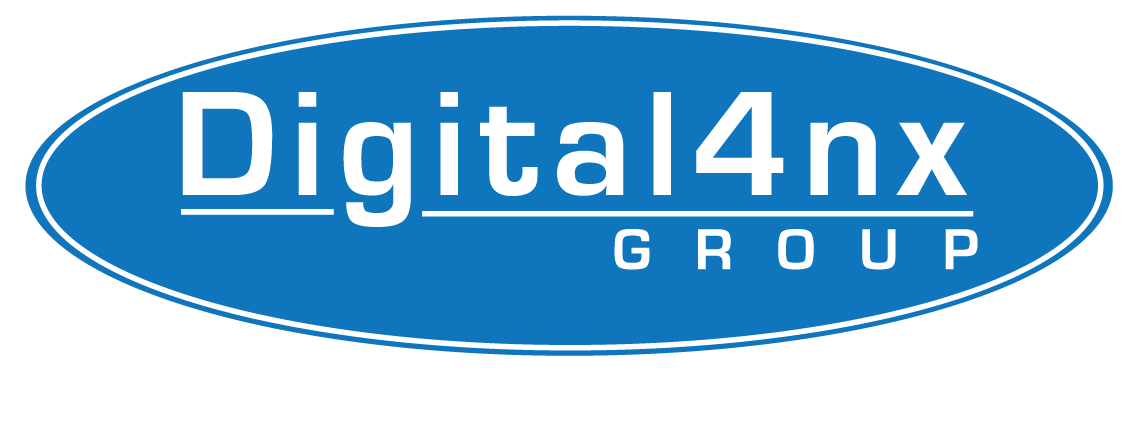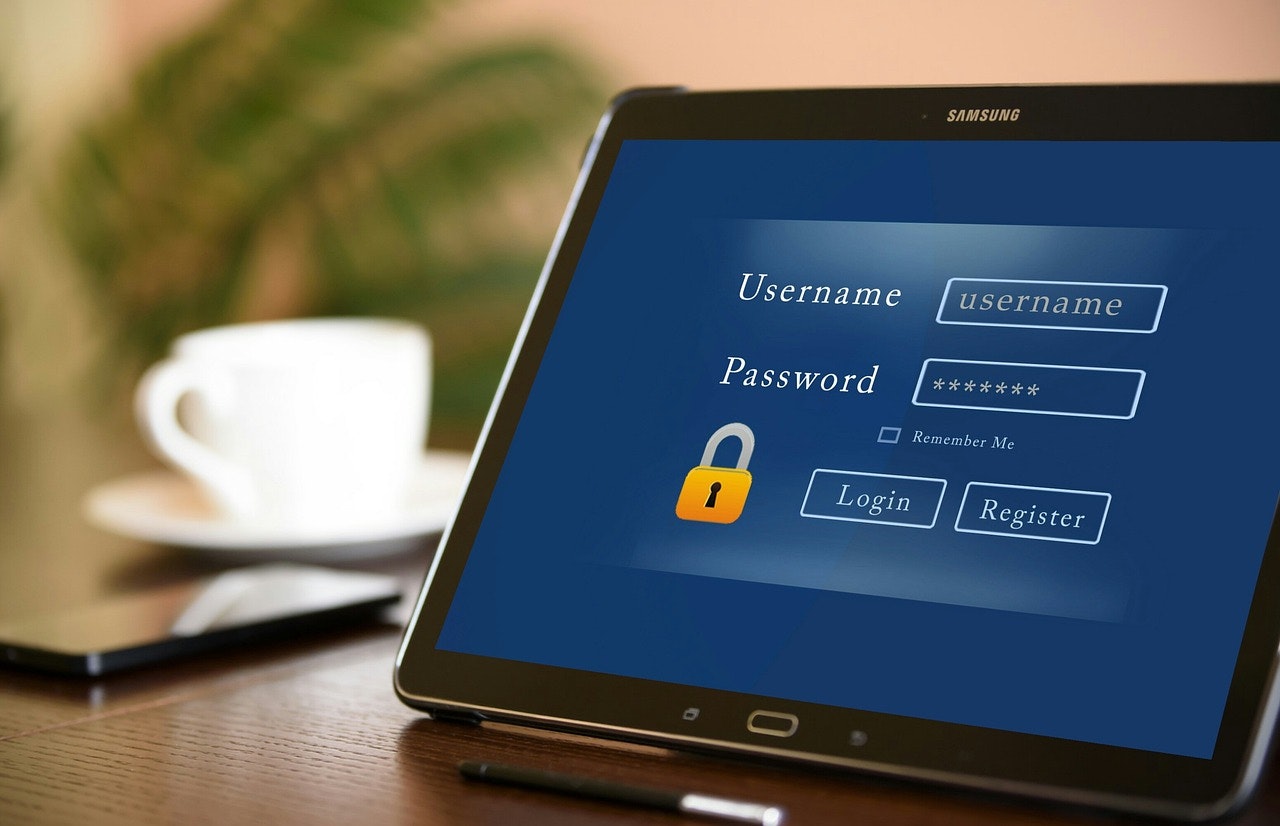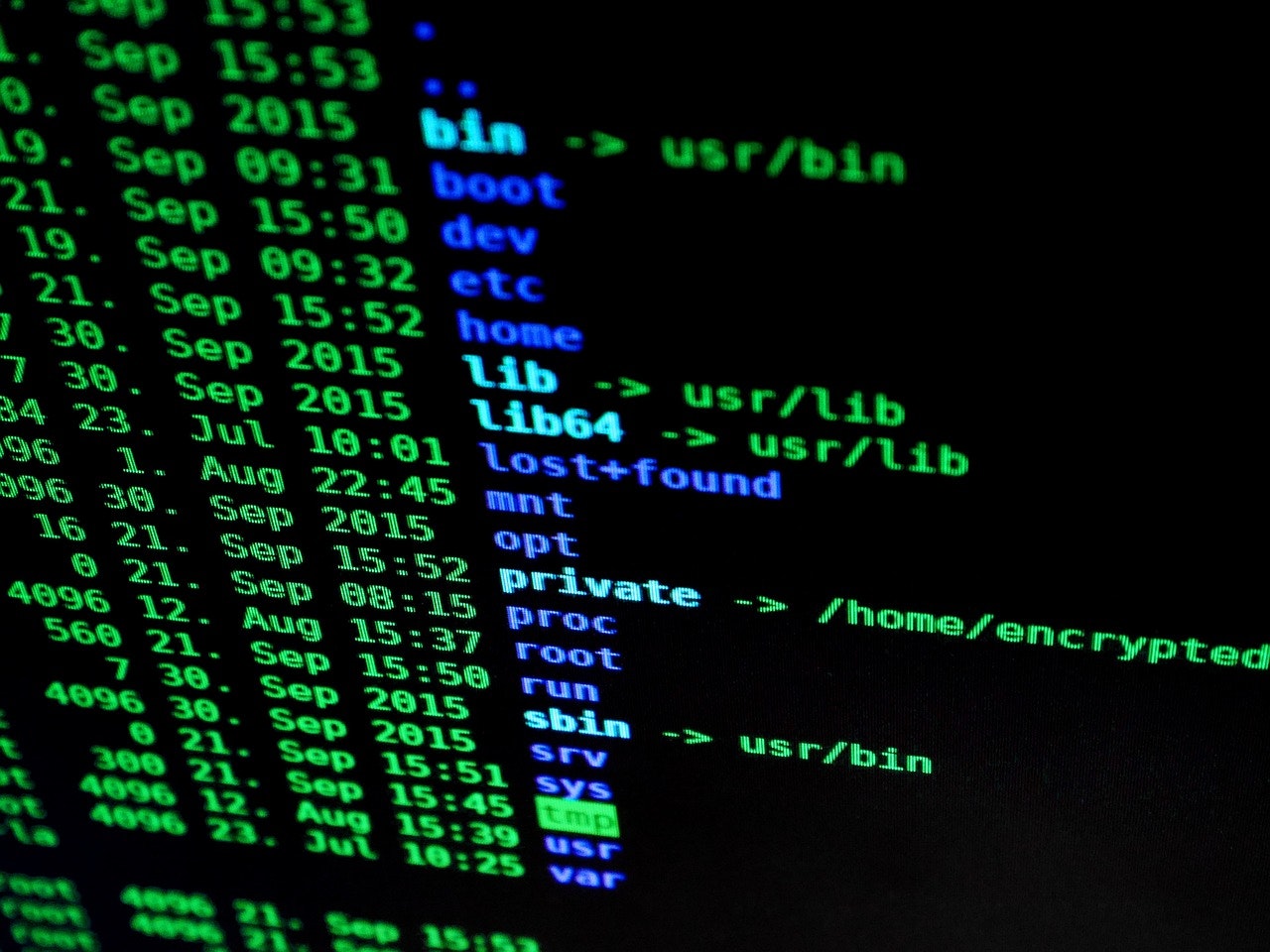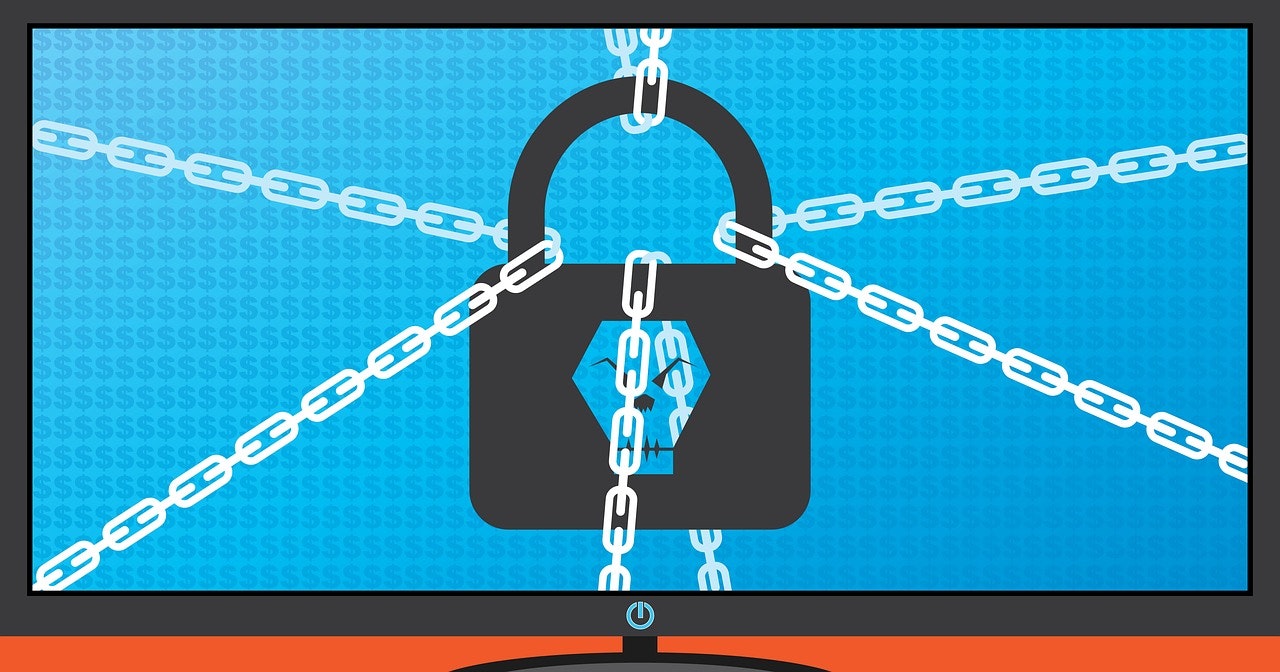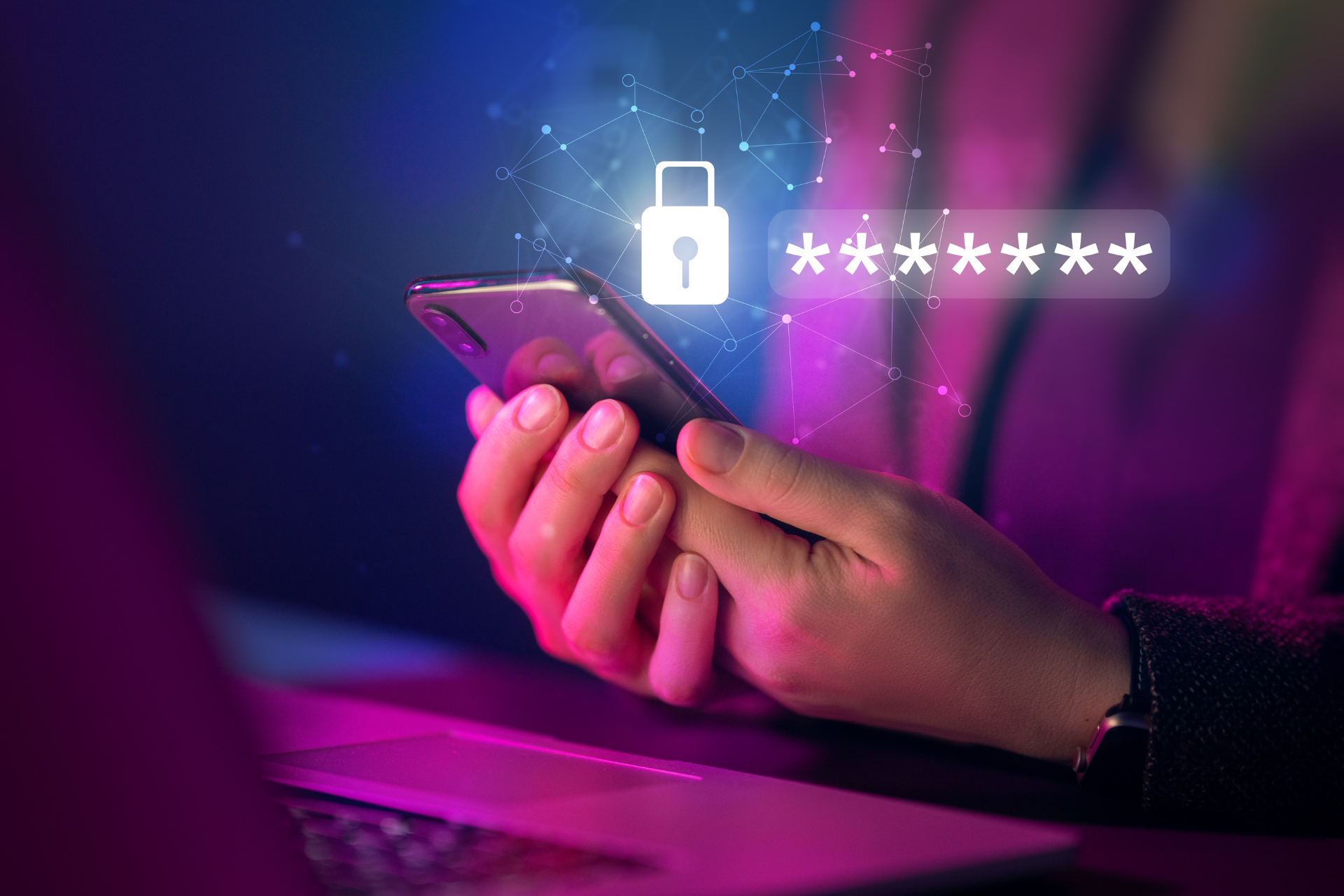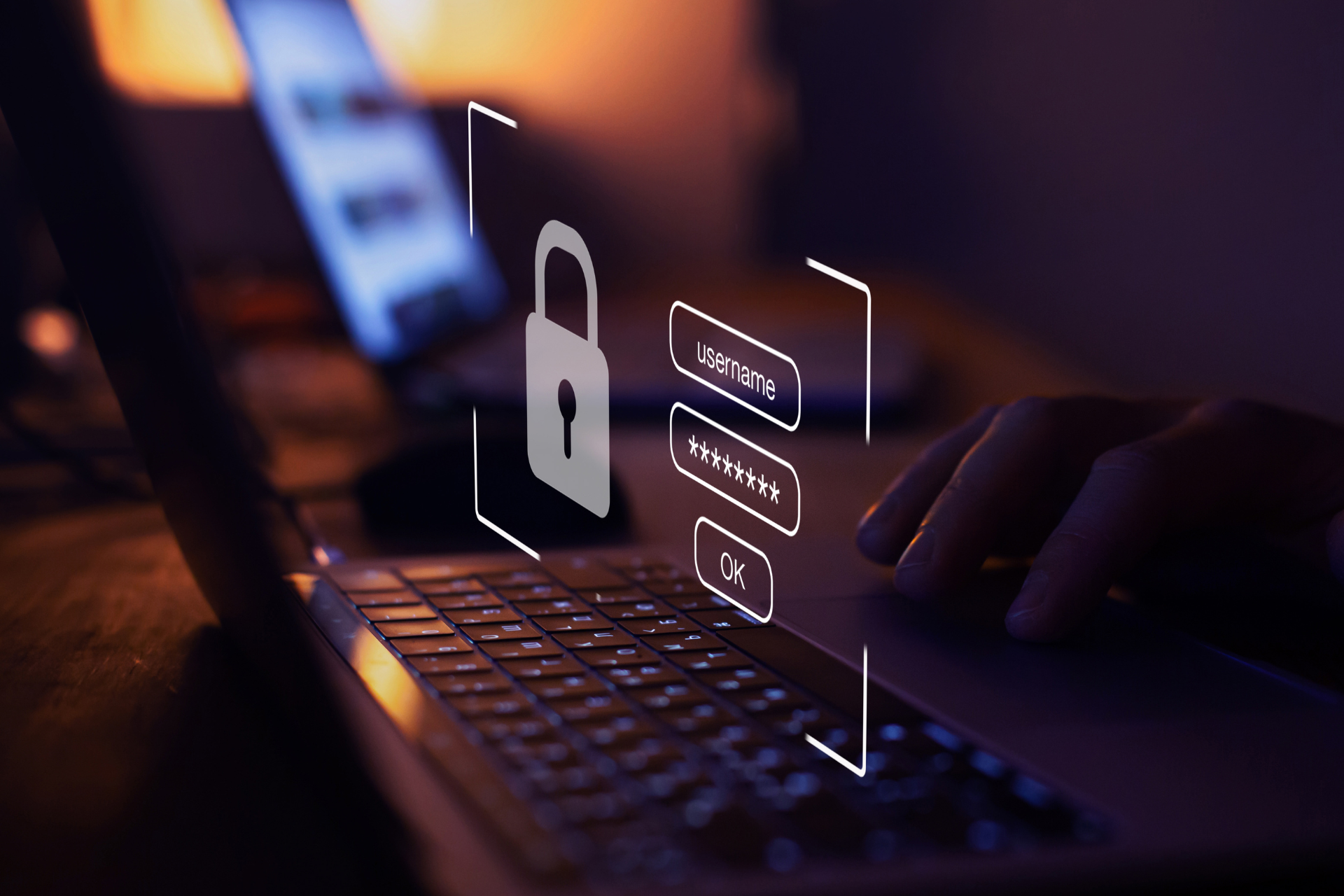Insights
Subscribe to Monthly Top of Mind Educational Content
How Metadata Transforms Digital Forensics Investigations
Understanding Metadata in a Digital ContextMetadata in the realm of information technology refers to data that provides insightful details about other data, often akin to a digital footprint....
Read more
Case Study: Uncovering Fraud at Shitaker & Sons Construction Through Digital Forensic Artifacts
(All names and identities have been changed) BackgroundShitaker & Sons Construction, founded in 1965 in Raleigh, North Carolina, grew into a $45 million regional contractor by 2025. The closely...
Read more
The Vishing Heist: A Social Engineering Tale
At Horizon Financial’s call center in Atlanta, Marcus Reed, a seasoned customer service representative, answers a call at 2:15 PM. The caller, “David Kessler” from the IT Security Team at...
Read more
Case Study: Unraveling a High-Flying Executive's Double Life
Case Study: Unraveling a High-Flying Executive's Double Life Meet "Bob," a seemingly successful sales executive at ABC Inc. With a luxurious car, a hefty salary, and a prestigious corner office, he...
Read more
🔍Case Study: Misappropriation of trade secrets, Breach of contract, breach of fiduciary duty, civil conspiracy, and tortious interference with contractual relationships
Case BackgroundMediPharm Solutions SA (“MPSA”) and MediPharm USA Inc. (collectively, “MediPharm”) filed a lawsuit against their former employee, Michael Chen, his new company InnoPharm Solutions,...
Read more
Digital Forensic Investigation Case Study: Alleged Hostile Work Environment
Case BackgroundAn employee, Jane Doe, working at the help desk of TechCorp, a mid-sized technology firm, filed a formal complaint with the Human Resources (HR) department, alleging that her...
Read more
The Phishing Game: A Social Engineering Tale
In the bustling office of Apex Innovations, a mid-sized tech firm in Chicago, Emily Chen, an overworked HR coordinator, navigates a chaotic workday. Her inbox, a digital battlefield, pings with a...
Read more
Understanding Computer Artifacts in Digital Forensics
Introduction to Digital FootprintsSociety's increasing reliance on digital devices means that every interaction—whether opening, downloading, or sharing files—creates a digital footprint on...
Read more
NIST SP 800-61 Revision 3: Key Updates in Incident Response
Understanding the Significance of NIST SP 800-61 Revision 3 In April, a new landmark in cybersecurity management was achieved with the release of the National Institute of Standards and Technology...
Read more
Navigating the Impact of Mobile and Ephemeral Data in Litigation
IntroductionThe way litigators gather evidence has transformed dramatically. While traditional sources like emails and corporate documents remain significant, communication has shifted to mobile...
Read more
Digital Forensics Unveiled: Resolving Workplace Harassment at ABC Inc.
Case Study: The Role of Digital Forensics in Uncovering HarassmentIn the digital age, evidence of workplace harassment often hides within emails, messages, and social media—subtle yet impactful....
Read more
The Crucial Role of Digital Forensics in Defending Against Ponzi Scheme Accusations
The Crucial Role of Digital Forensics in Defending Against Ponzi Scheme AccusationsPonzi schemes represent a significant threat to financial integrity, categorically defined as fraudulent...
Read more
Corporate Betrayal: Lessons Learned from a Technology Company's Battle with Insider Theft
In the fast-paced world of technology, companies constantly strive to innovate and protect their creations. However, when insiders betray that trust, the repercussions can be astronomical, as...
Read more
Computer Artifacts: The Digital Breadcrumbs
Computer artifacts have emerged as invaluable elements of digital forensics in today's rapidly evolving digital environment. These artifacts represent the residual trails left by user activities,...
Read more
The Consequences of Betrayal in the Tech Industry
Once a rising star at a leading software development company, John Smith seemed to have it all—a lucrative job, a supportive wife, and a promising career path. However, when a competitor presented...
Read more
Understanding Ransomware: Key Trends and Impacts
Ransomware has become one of the most devastating cyber threats of modern times, leading to severe financial and operational challenges for organizations across all sectors. As cybercriminals...
Read more
Case Study – Complex Divorce: Unmasking Hidden Truths in a High-Stakes Battle
Case Study – Complex Divorce: Unmasking Hidden Truths in a High-Stakes Battle When the owners of a thriving family-owned restaurant chain decided to divorce, the stakes couldn't have been higher....
Read more
Revealing the Truth: A Case of Fraudulent Expert Declarations in IP Litigation
In the high-stakes arena of intellectual property (IP) law, cases often unravel into complex dramas. Such was the situation when a prominent partner at a leading law firm presented us with an...
Read more
Why Self-Collection in eDiscovery is NOT a Good Idea and What Litigation Attorneys Need to Know
The risks of self-collection in eDiscovery continue to be a central theme in courts across the country. A decision from Magistrate Judge William Matthewman in the Southern District of Florida, EEOC...
Read more
Spoliation and Duty to Preserve: Key Takeaways from Doe v. Vanderpool
Spoliation and Duty to Preserve: Key Takeaways from Doe v. VanderpoolDoe v. Vanderpool, brought to light crucial insights on the duty to preserve evidence and the ramifications of spoliation. At...
Read more
Understanding Manner of Production in Ediscovery
The recent case of Partners Insight, LLC v. Gill highlights a crucial yet often underestimated aspect of ediscovery: the manner of production. While much attention in ediscovery circles revolves...
Read more
Navigating Diligence and Cooperation in Discovery
The case of Jennings v. USAA Casualty Insurance Co., 2025 WL267168 (W.D. Wash. Jan. 22, 2025), provides a compelling illustration of the challenges and responsibilities involved in the legal...
Read more
Navigating ESI Complexities: Insights from We the Protesters, Inc. v. Sinyangwe
The December 18, 2024, decision in We the Protesters, Inc. v. Sinyangwe brings critical insights into managing electronic discovery, particularly the treatment of text messages as electronically...
Read more
Cybersecurity in Healthcare: Lessons from the UnitedHealth Group Breach
The recent cybersecurity breach involving UnitedHealth Group serves as a stark reminder of the risks that healthcare institutions face in today's digital age. Despite efforts to control the...
Read more
Lawyers’ Guide to Investigating Employee Misconduct
Employee misconduct presents significant risks to organizations, impacting both technical operations and legal standing. For attorneys representing employers in employee misconduct legal matters,...
Read more
Knowing When to Call a Digital Forensics Consultant Expert
In today’s rapidly evolving digital landscape, legal professionals are increasingly confronted with cases involving digital evidence. Whether it’s email correspondence, social media interactions,...
Read more
The Role of Digital Forensics in Addressing Employee Misconduct
Digital forensics plays a pivotal role in modern legal practices, particularly in cases of employee misconduct. For attorneys and their clients, understanding the technical considerations and...
Read more
Insider Threats and the Power of Digital Forensics
In today's interconnected world, insider threats have become a significant concern for businesses of all sizes. With the recent Federal Trade Commission (FTC) changes abolishing non-compete...
Read more
Why Strong, Unique Passwords Matter
In today's digital age, where much of our personal and professional lives are conducted online, the strength and uniqueness of our passwords are more critical than ever. Understanding the vital...
Read more
A Guide to Cybersecurity: Safeguarding Your Digital Assets
In today's interconnected digital world, safeguarding your company's digital assets and information is more critical than ever. With cyber threats evolving and becoming increasingly sophisticated,...
Read more
Rob Kleeger and Digital4nx Rated as Top Security Advisory Service
Cyber Security Review has informed Digital4nx Group, Ltd., after their extensive evaluation by their team, that Digital4nx Group is featured as one of the “Top 10 Security Advisory Service...
Read more
Working Smart, Not Hard… Remotely: Cybersecurity tips in a COVID-19 World
Rob Kleeger speaks to Small business leaders. Sponsored by the Mercer County Office of Economic Development, the United States Small Business Administration, and the...
Read more
When The Hack of a Business Partner is Just as Bad as the Compromise of Your Own Systems.
Digital4nx was recently retained in a post-incident response investigation of a highly targeted spear phishing email attack. Based upon the available evidence and confirming with LifeScienceCo (...
Read more
Rob Kleeger and Digital4nx Honored by Enterprise Security Award
Enterprise Security has informed Digital4nx Group, Ltd., after their extensive evaluation by their team, that Digital4nx Group was going to be featured as one of the “Top 10 Digital Forensics...
Read more
Is Cyber Fatigue putting everyone in danger?
I am sure that most people today are simply tired with the consistent news about hacking the election, a financial services firm who has been compromised, or worse your PII (Personally Identifiable...
Read more
Theft of Corporate Records
As a successful sales executive, Mary Marsha was on top of the world. She routinely received job offers from some of her company’s largest competitors. Mary, however, was extremely loyal to her...
Read more
“Holy SH IT Co: Former IT Exec Cited For Anti-Forensic Program Use”
THE PROBLEM: Advanced IT is a small information technology services company based in the New York metro area. They have an impressive annual revenue of $25 million,...
Read more
View more
